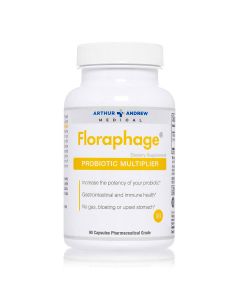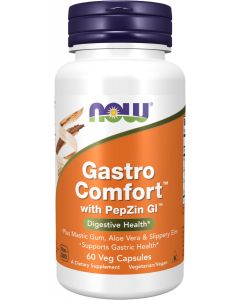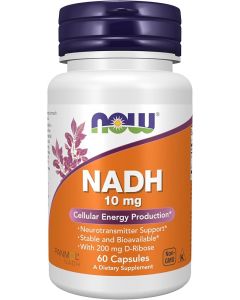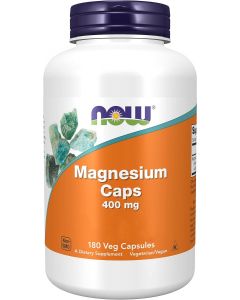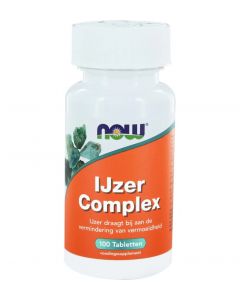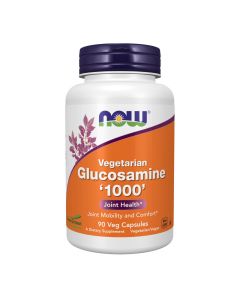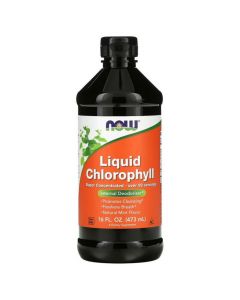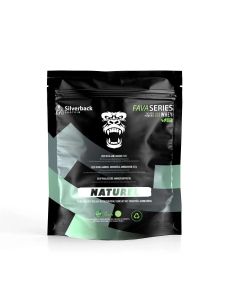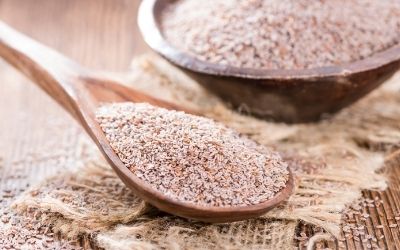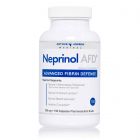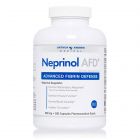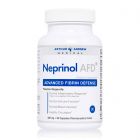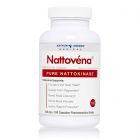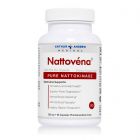Three Things to Know About Gut Microbiome
- By Bea Recuerdo (BSc)
- 15 Apr 2022


When you hear about microorganisms such as bacteria, viruses, and fungi, you might think about the harmful things they might do to your body. But actually, not all micro-organisms are bad for you. In fact, our body’s home to a trillion microorganisms that are helping it survive and live a healthy life.
Fun fact is: most of them live in our gut microbiome!
Let’s first discuss what “microbiome” is?
Imagine the city streets on a Monday morning, where it’s flooded with people rushing to get to work. Now, our body has a similar scenario happening at a microscopic level.
When you get a bit closer in the microscope, you’ll also see a bustling city in our body as it is home to trillions of microorganisms or “microbiota” such as bacteria, fungi, parasites, and viruses that live peacefully and coexist with your body to help maintain your health (Source: HSPH).
So, how is the gut involved in this?
As mentioned earlier, most of our body’s microbiota live in our gut, specifically the small and large intestines. The gut microbiome is diverse and varies per person. There are over 2,000 species of microbiota that can live in your gut, and here are three things you need to know about your gut microbiome:

Three Things to Know About Gut Microbiome
1. Your gut health starts back to when you were in your mom’s womb
At the beginning of life, your gut microbiome is determined by your DNA, and is affected by your mother’s diet, lifestyle, and overall health during pregnancy. After that, you receive a large dose of microbiota at birth when you come out of your mother’s womb and you continue to receive healthy microorganisms through your mother’s breast milk and are later on exposed to other types of microorganisms depending on several factors (Source: Science Direct) That we will discuss in this blog.
There are two states in which your gut microbiome can be in...
There are two states that your gut microbiome can be in. The first one is when there is a balance of microbiota in your gut which is called “eubiosis”, while the imbalance or disturbance of eubiosis, is known as “dysbiosis” (Source: Science Direct)
It is vital to have a healthy gut microbiome
Your gut microbiome plays an important role in the growth, development, and maintenance of health of the human body (Source: Science Direct).
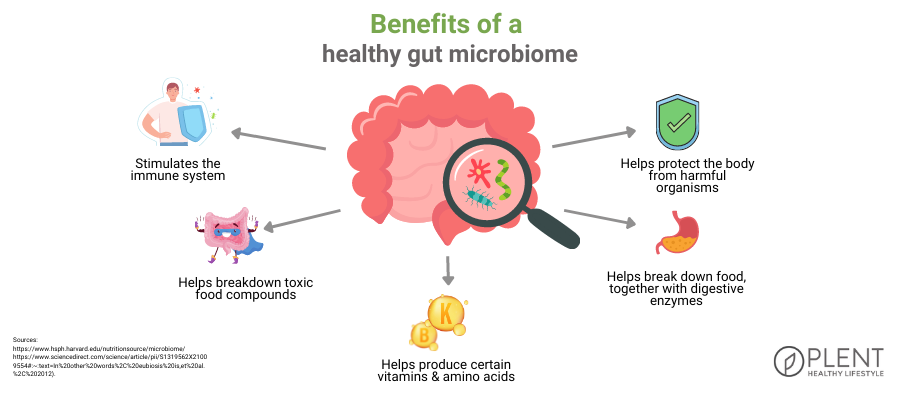
Specifically, it is important that the gut microbiome is healthy because it helps with several body processes in maintaining your body’s health. You can see in the illustration above that it mentions how a healthy gut helps in the production of some vitamins, which are specifically Vitamin B12 and K (Source: HSPH).
A healthy gut not only helps in digestion, but it also helps provide protection from harmful organisms, when let’s say, we accidentally consume a food item that’s been contaminated (Source: HSPH).
2. Diet is just one factor that can affect your gut microbiome.
Probiotics make up a big portion of your gut microbiome while prebiotics, or fiber from your diet, are provided to these probiotics, among other things.
This is why eating a high-fiber diet is so vital. The number of bacteria (microorganisms) in the microbiome is essential, but so is their diversity. In general, the more distinct types of bacteria you have in and on your body (and thus in your stomach), the healthier you will be.
Unfortunately, many individuals in Western countries do not eat a diverse enough diet and mostly consume food high in fat, sugar, and sodium. All of this means that many people's microbiomes are not diverse enough and include a small number of microorganisms in total.

However, there are factors that affect your gut microbiome:
Some basic factors include:
- Age
- Gender
- Genes
- Immune system and state of health of a body
- Location and environment of a person
- Exercise
Source: Science Direct
Another factor is long-term and/or frequent intake of antibiotics. Antibiotics are used in certain diseases to help fight off infection by killing bacteria or slowing down their growth. However, studies have also shown that antibiotic exposure can also kill the beneficial gut microbiome and can cause “dysbiosis” (Source: Journal of the Canadian Association of Gastroenterology).
This is why it’s important to know how we can help improve and maintain a healthy gut microbiome.

3. There are ways to help improve your gut microbiome
The good news is that you can influence your microbiome yourself and that the microbiome (especially the microbiome in your gut) responds quickly! How fast? They are not yet in full agreement in science, but the estimate varies from a few weeks to a few months.
In the next blog about the microbiome, we will share practical tips to get your gut in optimal health. Can't wait and do you already want to know more about this young science? Check out 7 Tips to Keep your Gut Microbiome Healthy.
We even left an Easter egg about IBS (irritable bowel syndrome) for those who are curious about the topic.


